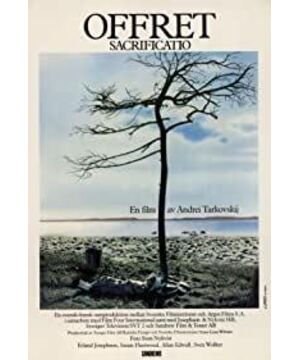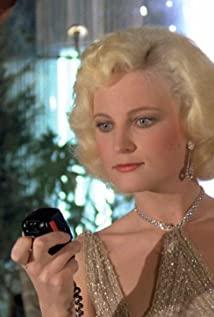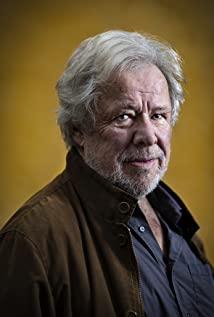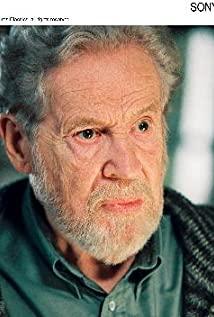It's hard to say what new feelings I have about Christianity (Orthodox) after watching this film (to be precise, soul roaming (not Shestov, of course)), whether it adds reverence or disgust or even I'm disgusted, but in terms of the degree of fit between Laota's film and the Orthodox Church, it is probably the ultimate. There are no more words and techniques, some are just silence, solemnity and depression, plus the expected outbreak, and I The same is true in the Russian novels I have read: the whole trembling narrative in "Notes from the House of the Dead", the religious monologues in "The Brothers Karamazov" (such as Elder Zosima's monologue and Alyosha's inner drama), The dialogue between Raskolnikov and Sonia in "Crime and Punishment", the psychological description of Zhivago in "Doctor Zhivago", etc. It is obvious that the Russians have substituted the Orthodox Church into their own thoughts and truly To live in a devout way, even in lust will repent to God in pain (as Dmitri), and despair and fight in despair when faith is gnawed (as Alyosha heard in the The spiritual conflict after the decomposed body of the elder Xima), but in the end, either he was redeemed, he went to the other side of the light like Raskolnikov, or he was willing to fall, like Ivan Karamazov in his atheistic self. In the end, madness in the refutation, or sacrifice of cherished things in extreme pain and doubt, such as Job being taken away from everything to withstand God's test, and Abraham offering his own blood and blood to prove his piety, such as "Sacrifice" Alexander burned down his wooden house, sacrificed his earthly reason, sacrificed all his life and spirit as sacrifices, and left only his incomplete life for himself.
Many people were moved, even shocked and revered by Alexander, because it is said that Alexander is the typical "Holy Fool" image in Tarkovsky's films. doctrine. Alexander was a devout mortal, and it was difficult for him to endure this suffering in a universal way. Ordinary prayers could no longer calm his heart:
Alexander talks to himself throughout the first half of the film, in which he says:
"Then why talk? If some people are willing to stop talking and do something real, at least try..."
Alexander despaired of the depravity of the world and society at that time, he said:
"Or our civilization is completely rubbish, my child..."
The true meaning of religion is to practice, to create miracles with practical actions. The so-called miracles are also based on seemingly meaningless actions, such as watering a dead tree every morning, or death. And the "material and spiritual disharmony, a terrible disequilibrium" of society, in Alexander's words, is based on the fear of death and the craving for ease, with teachings in the mouth and contempt or contempt in the heart. is fear.
Alexander's image in the play is very simple and complex. Obviously, he is an intellectual, but he is not prudent. It is also in line with Alexander's understanding of "wisdom" as the true meaning of theology:
"Ah, wisdom, a spirit, a combination of depth and naivety..."
At this time, it is not so much naive as it is sincere. Perhaps people translate "do not believe in miracles and true love" as mature, then Alexander is indeed naive.
In The Mind of the Soviet Union, Isaiah Abelin expresses this spirit through Pasternak: "His language is more contagious because it contains what has long since disappeared in the West. Some kind of traditional sublime that reminds me sadly of what a truly great man is.” Berlin calls this dedication a form of “moral courage.”
I remember Nietzsche sarcastically said in his book Human, Too Human:
Given the choice, we would rather have a large sacrifice than a small sacrifice: because we compensate for the large sacrifice by self-appreciation, and in the small sacrifice, we cannot do it to ourselves. a little.
But for Alexander, it may be cruel to say "self-admiration", because he has completely cut off from the happiness of the world. Just like Siddhartha in Hesse's writings, his final departure is not a little self-appreciation Can it be compensated? Maybe I don't need to use the innuendo of utilitarianism to excuse my weakness, but let's feel some divine brilliance in his perseverance.
View more about The Sacrifice reviews











